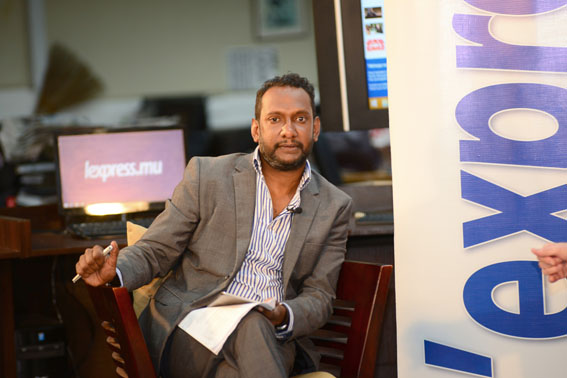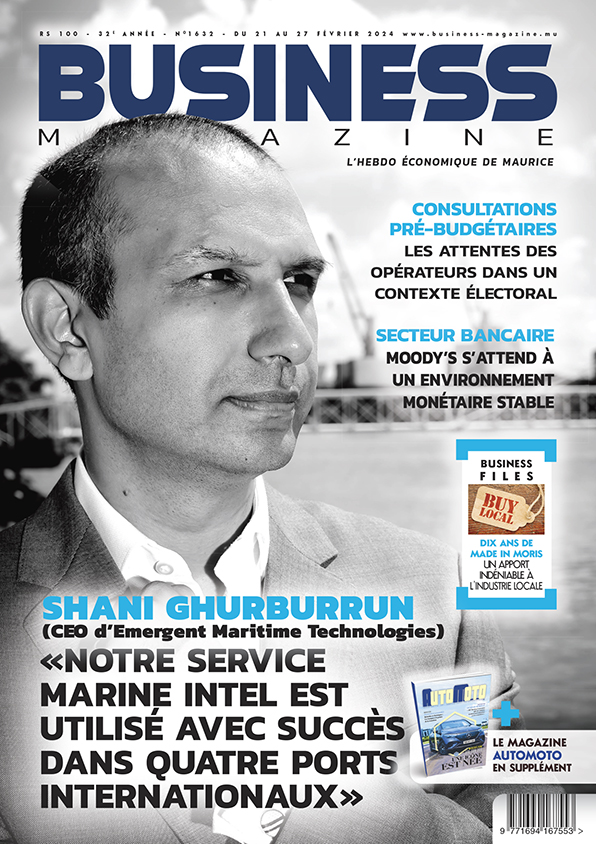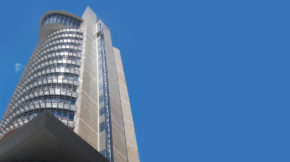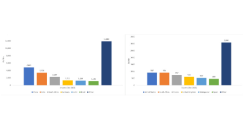Balancing Financial Integrity with Democratic Ideals
Share

Mauritius, once lauded as a beacon of democracy and rule of law in Africa, finds itself at a pivotal juncture. The introduction of the Financial Crimes Commission Bill of 2023 by Prime Minister P. K. Jugnauth marks a decisive effort to consolidate the fight against financial crimes, including corruption, money laundering, and fraud. This move, ostensibly a stride towards legal and institutional robustness, simultaneously casts a shadow over the democratic ethos and judicial independence that have long been the pride of this island nation.
The Financial Crimes Commission, as proposed, will amalgamate the powers and responsibilities of various existing entities, promising enhanced efficiency in addressing financial crimes. It is set to absorb the Independent Commission Against Corruption, the Asset Recovery Investigation Division, and the Integrity Reporting Services Agency, while overseeing all declarations under the Declaration of Assets Act. On paper, this move suggests a commendable attempt at streamlining and reinforcing the legal framework against financial malfeasance.
However, beneath the surface of these administrative rearrangements lurk concerns that strike at the very heart of democracy and the rule of law in Mauritius. The past few years have witnessed a troubling institutional war, most prominently between the police, the Independent Commission Against Corruption (ICAC), and the Director of Public Prosecutions (DPP). This conflict, far from being a simple bureaucratic tussle, reveals deeper systemic issues that question the independence of these critical institutions.
At the centre of this quandary is the Director of Public Prosecutions, who, despite a Supreme Court order preventing his arrest, found himself evading police capture. This incident alone raises alarm about the respect for judicial authority and the balance of power among the executive, legislative, and judicial branches. Further, the evident mistrust between the DPP and other law enforcement bodies, including the police and the ICAC, underscores a fragmented system struggling to uphold its constitutional duties.
The Prime Minister’s critique of the judiciary following unfavourable rulings, coupled with the executive’s influence over key appointments in anti-corruption bodies, exacerbates fears of governmental overreach. Ministers allegedly manipulating the media and the lack of a Freedom of Information Act only add layers of opacity and mistrust in governance. These issues point towards an environment where power is increasingly centralized, and checks and balances, a fundamental principle of democratic governance, are weakening.
This centralization of power within the proposed Financial Crimes Commission raises two pivotal concerns: the potential for political misuse and the diminishing of judicial independence. By consolidating power, there is a risk of creating an apparatus susceptible to executive manipulation, undermining its objective of unbiased, apolitical functioning. Moreover, the seamless integration of various laws and amendments, while seemingly efficient, may compromise the nuanced understanding and specialized attention required for different aspects of financial crime.
The unfolding drama in the higher echelons of Mauritius’s legal and political landscape – from the DPP’s fraught interactions with the police and ICAC to the perceived partisanship of lawyers and journalists – mirrors a larger struggle. It is a struggle between maintaining robust mechanisms to tackle financial crimes and preserving the democratic ethos that respects the separation of powers and ensures the independence of judiciary and law enforcement agencies.
Thus, while the Financial Crimes Commission Bill of 2023 is a step towards centralizing and possibly streamlining the fight against financial crimes, it unintentionally opens a Pandora’s box of potential threats to the democratic fabric of Mauritius. The bill’s implementation demands careful consideration to ensure that in the quest for financial integrity, the principles of democracy and rule of law are not compromised.
The Mauritian government, while seeking to fortify its stance against financial crimes, must concurrently nurture the democratic institutions and processes that form the bedrock of its society. This dual pursuit will be the true test of Mauritius’s commitment to the ideals of democracy and the rule of law, a commitment that will define its path forward as a nation revered for its governance and legal integrity.









